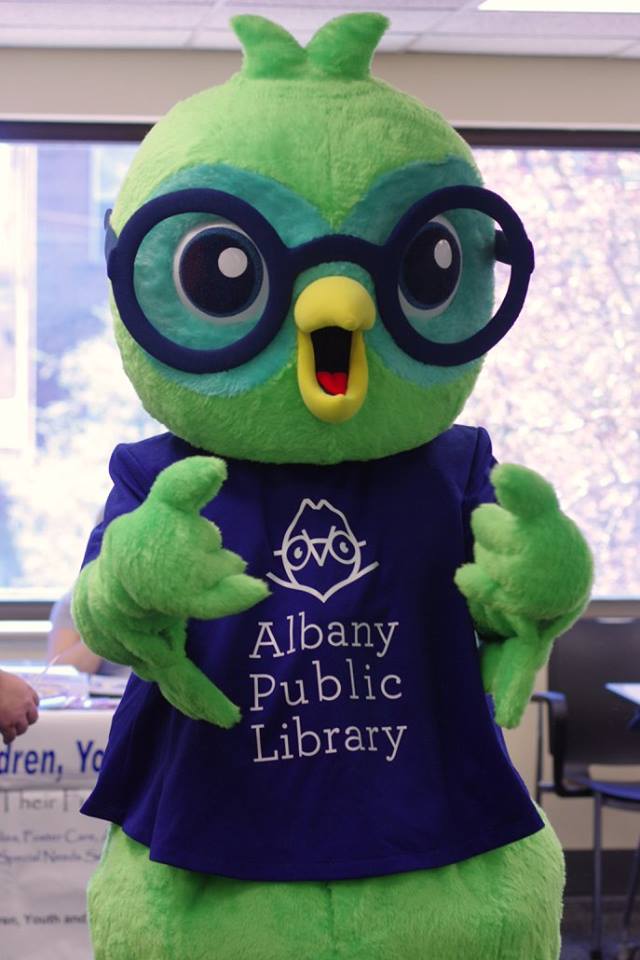For a little over a year now, the Friends of Albany Public Library and Albany Public Library Foundation have been discussing how to join forces in order to improve efficiency and to better support the Albany Public Library.
As Peter Pearson of Library Strategies has explained:
The library world is one of the few … in which there are two separate and distinct support organizations which provide support for the same institution.
Library Friends groups have been in existence in many communities for more than 100 years. These venerable organizations have provided valuable service to their libraries, usually utilizing the skills of volunteers from the community with a strong interest in books and libraries. The typical activities of a library Friends group can include book sales, author programs, advocacy, fundraising events, and volunteer activities within library buildings.
Library Foundations, on the other hand, are a relatively new addition to the library support world. The majority of library Foundations have just been formed within the last 20 years. Unlike their counterparts, the library Friends groups, library Foundations tend to be staff driven. Activities of library Foundations tend to be higher level fundraising activities, including annual fund solicitations from individuals for special programs and projects, planned giving activities, corporate foundation grant writing and sponsorships, capital campaign fundraising for new and renovated buildings, and major gift solicitation from individuals.
In many communities, these two different and distinct support organizations operate side by side in support of the same library. — Peter Pearson
Indeed, the Friends of Albany Public Library has been supporting the APL for 70 years, and has organized book sales, book reviews, and author talks. The APL Foundation was founded in 1998 and has become increasingly active ever since the first annual Literary Legends gala, five years ago. The two groups have some shared donors/members — and former Friends President Roger Green sits on the Foundation Board — but otherwise they do not collaborate. APL Executive Director, Scott Jarzombek was inspired by the example of the Friends and Foundation of Rochester Public Library. In March 2017, Jarzombek asked the Boards of the Friends of APL and APL Foundation to explore how to work together to better support the Library. A committee was formed, including members of both boards, that began meeting in June 2017. After six months of discussions, this committee proposed to both Boards that the organizations should merge.
A model of support which is gaining in popularity is what I refer to as “the merged model of a library Friends group and a library Foundation.” This merged model is the model which supports the Saint Paul Public Library in Minnesota, from which my experience arises. The activities of merged Friends and Foundations include all of the activities of the two organizations separately. So, for instance, a merged library Friends and Foundation organization can conduct book sales, author programs and advocacy activities, as well as all of the major fundraising activities, such as planned giving, major gifts, and capital campaign fundraising – Peter Pearson
Last Wednesday–May 9, 2018– the Friends of APL held their annual meeting. All members of the Friends of APL were asked to vote on whether the Friends of APL should join with the APL Foundation. The Friends Membership voted to in favor of merging of the Friends and the Library Foundation.
This vote marked the culmination of 15 months of conversation and discussion between the boards of both organizations. It is the goal of both organizations to complete the merger this year, effective January 1st, 2018. We expect to begin the new year as a new, single, unified organization — the Friends and Foundation of the Albany Public Library.
—
If you would like to read more about Friends and Foundations, check out:
- Why Can’t We All Just Get Along by Library Strategies
- Separate Organizations, Similar Goals by Jane Rutledge
- Is a Merged Friends and Foundation Right for Your Library by Peter Pearson



